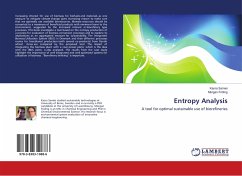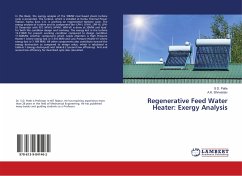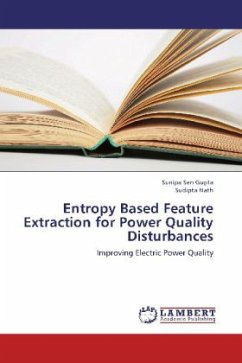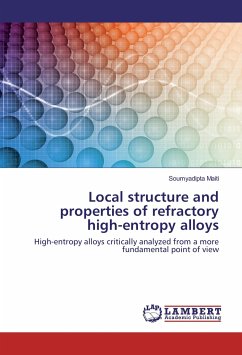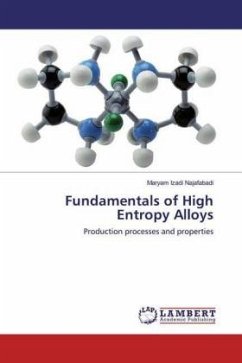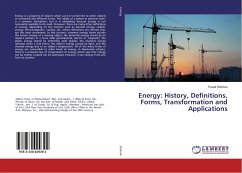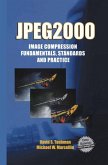Increasing interest for use of biomass for biofuels and materials as one measure to mitigate climate change gives increasing reason to make sure that we optimally use available bioresources. Biomass resources should be converted to a maximum of beneficial products with minimum harm to the environment, suggested by the increased interest in biorefinery type processes. This book investigate a tool based on the entropy production of a process for evaluation of biomass conversion processes and to explore its implications as an aggregated measure for sustainability. The Integrated Biomass Utilization System (IBUS) in Denmark and their different processes routes for bioethanol production (with several co-products) from Danish wheat straw are compared by the proposed tool. The impact of integrating the biomass plant with a coal power plant, which is the idea with the IBUS plant, is also analyzed. The results from the case study highlight the importance of well integrated and well optimized systems for utilization of biomass. "Biorefinery thinking" is important.
Bitte wählen Sie Ihr Anliegen aus.
Rechnungen
Retourenschein anfordern
Bestellstatus
Storno

